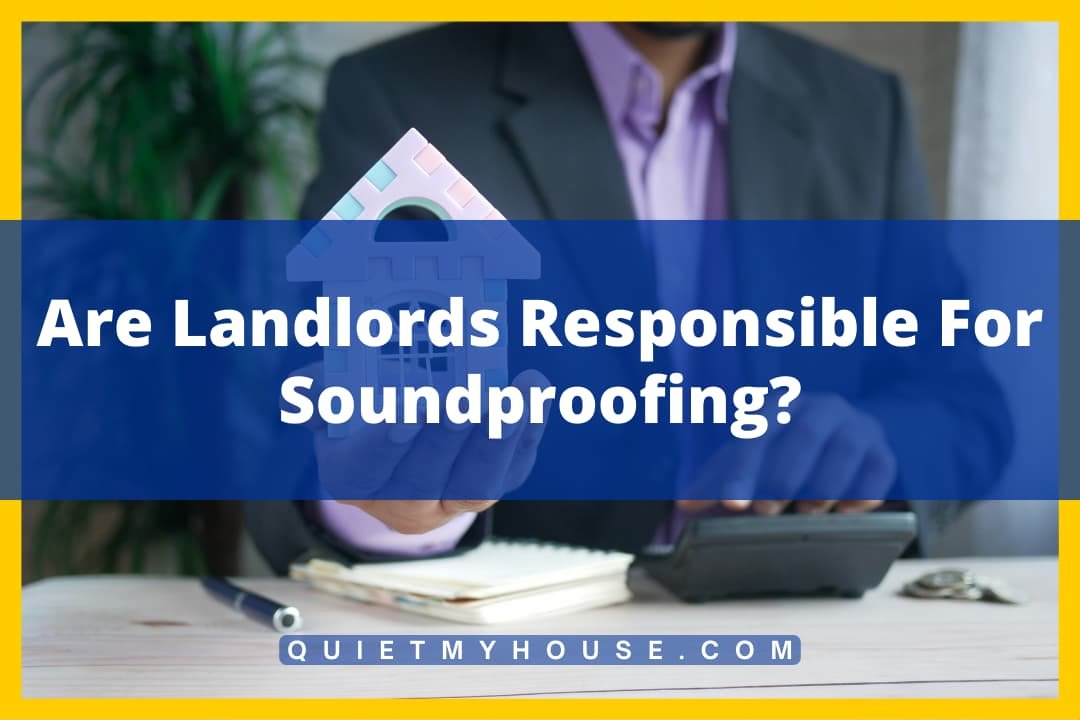You’re setting off on a long road trip, your favorite songs carefully curated on the playlist. However, the constant blare of road noise in your car ruins the trip’s tranquility. This article, “How to Quiet Road Noise in a Car,” will guide you on how to minimize this distracting noise.
You’ll learn wisely cultivated tips and tricks from using sound deadening mats to selecting the right tires. By applying these methods, your journeys can become as serene and peaceful as you’ve always desired.
Understanding the Source of Road Noise
Did you know that understanding the source of road noise can help you to mitigate it effectively? Let’s break it down further.
Identifying Road Noise
Identifying road noise can be a challenging task. This is because there are several types of road noise, and they all sound quite similar. Typically, you may experience tire noise, wind noise, or mechanical noise.
Tire noise usually sound like a constant hum or buzz that becomes louder as you drive faster. On the other hand, wind noise is a high-pitched whistle or roar that becomes more noticeable when you open a window.
For mechanical noise, it could be clicking or grinding sounds, usually from some parts of car that are broken or worn.
Determining the Origin of Noise Inside the Vehicle
Now that you’re familiar with the types of road noise, the next step is to determine where exactly inside your vehicle the noise is coming from.
Could it be from the doors, the windows, or perhaps the car’s body itself? This information is helpful as it allows you to target your noise-reduction efforts accurately and effectively.
The Importance of Regular Maintenance
Maintaining your car regularly tends to lessen the amount of road noise you experience. Let’s explore why.
Maintaining Tire Pressure
Proper tire pressure not only ensures your vehicle’s performance and safety but it also plays a pivotal role in noise reduction. Over-inflated or under-inflated tires can create irregular tread wear, leading to more road noise. Ensure you check your tire pressure at least once a month.
Proper Wheel Alignment
There’s more! Misaligned wheels can also result in irregular tire wear and consequently, excessive road noise. It’s advisable to get your wheels realigned every two years or after every 30,000 miles.
Timely Replacement of Worn-Out Parts
No matter how well you take care of your car, some parts will eventually wear out with time. Worn-out parts, such as brake pads, suspension brushes, or wheel bearings, can greatly contribute to road noise. Regular checks and timely replacements can make a lot of difference.
Soundproofing the Car
Ever thought of soundproofing your car? It might be a good idea if the road noise is driving you crazy.
Considering Insulation Material
There are several types of insulation materials to consider, each having its own merits and demerits. Some of these materials include foam insulation, mass-loaded vinyl, and sound-damping mats.
Installing Soundproofing Mats
Soundproofing mats are perhaps the most commonly used insulation materials. They’re usually installed under the car’s carpet or on the doors. These mats tend to absorb most of the vibration and noise.
Importance of Proper Installation of Soundproofing Materials
You can have the best soundproofing materials, but without proper installation, they won’t be as effective. It’s important to ensure the materials cover all the necessary areas and that they’re securely fixed.
Focusing on the Tires
Did you know your tires can greatly contribute to road noise? Let’s delve into it.
Choosing the Right Tires
Not all tires are created equal. The type, size, and tread pattern of your tire can significantly affect the amount of noise it produces. Generally, tires with large and aggressive tread patterns tend to be noisier.
Understanding the Role of Tires in Noise Reduction
Tires are the main contact point between your car and the road, hence they are primary contributors to road noise. The noise usually comes from the impact of the tire tread blocks hitting the road and the air being compressed and released in the tread pattern.
Replacing Damaged or Worn-Out Tires
As tires wear out, their noise levels tend to increase. It’s advisable to replace them as soon as they’ve reached their tread wear limit. Damaged tires too can create more noise and should be replaced immediately.

Insulating the Doors
Ever wondered how much noise your car doors let in? It’s probably more than you think.
Analyzing the Impact of Car Doors on Road Noise
Car doors have gaps and are often made of thin metal, making them a significant source of road noise. The level of noise can vary based on the design and quality of the door seals.
Knowing How to Properly Insulate Car Doors
Insulating car doors often involve using soundproofing mats or sprays. The soundproofing material is applied on the inner part of the door, helping to absorb any noise.
Choosing the Right Insulation Material for Car Doors
Different materials have different capabilities. When selecting insulation materials for your doors, consider those that are water-resistant, durable, and have good sound-absorbing properties.
Addressing Wind Noise
Wind noise can be a real nuisance, especially when driving at high speeds.
Identifying Wind Noise
Wind noise is usually a whistling or humming sound that gets louder as you accelerate. It’s caused by poor car aerodynamics, open windows, or gaps around the doors and windows.
Dealing with Car Aerodynamics
Aerodynamics play a huge part in wind noise. Your car’s shape and design determine how wind flows over it. The smoother the airflow, the less noise you’re likely to experience.
Sealing Gaps and Openings
A gap or opening around doors or windows can allow wind to get into the car, creating noise. Therefore, always ensure that all your doors and windows are correctly sealed.

Window Insulation
Just like doors, windows also contribute to road noise. Insulating them can make your ride quieter.
Checking Window Seals
Window seals help to keep wind noise out. However, they can degrade over time, allowing noise to seep in. Regularly check your window seals to ensure they’re in good condition.
Replacing Worn Window Seals
If your window seals are cracked or worn out, replacing them is crucial. New seals will effectively keep the wind and noise out.
Effect of Window Insulation on Noise Reduction
Window insulation significantly reduces both wind and ambient noise. With it, you’ll find your rides quieter and more comfortable.
Investing In Quality Floor Mats
Quality floor mats don’t just keep your car clean, they also help to absorb noise.
The Role of Floor Mats in Absorbing Noise
Floor mats work by dampening the vibrations from the car’s engine and the road, reducing the amount of noise that gets to your ears.
Knowing What to Look for in a Floor Mat
A good floor mat should be durable, non-slip, easy to clean, and capable of absorbing noise. Consider the fit too, it should cover as much floor area as possible.
Proper Installation of Floor Mats
Floor mats should be securely fixed to the car floor to prevent slipping or bunching up, which could otherwise reduce their noise-absorbing abilities.
Exploring Noise-Canceling Tech
An alternative way to deal with road noise is by using noise-canceling technology.
Understanding How Noise-Canceling Tech Works
Noise-canceling tech works by detecting road noise and producing a counteracting sound wave, effectively canceling the noise.
Considering Noise-Canceling Headphones or Ear Plugs
If the road noise is still bothersome, you might consider using noise-canceling headphones or ear plugs. Note, however, that this may not be legal or advisable in some situations, as it may hinder you from hearing important road sounds.
Looking into Noise-Canceling Tech for Cars
Some car manufacturers provide noise-cancellation technology built into their vehicles. This tech works the same way as noise-canceling headphones but on a larger scale.
Professional Help For Noise Reduction
If all else fails, consider hiring a professional.
When to Seek Professional Help
Professional help should be sought after all the DIY solutions have proven unsuccessful, or when you don’t have the time or skills to perform the noise reduction yourself.
Evaluating Costs of Professional Noise Reduction
Keep in mind that professional noise reduction often comes at a cost. However, the peace and quiet you’ll enjoy could be worth every penny.
Choosing a Reputable Service Provider
Not all service providers deliver quality workmanship. Take the time to research and choose a service provider that’s reputable and has great reviews.
In conclusion, having a quiet ride goes a long way in making your car trips enjoyable. By understanding and dealing with road noise, you can look forward to more serene journeys ahead.




